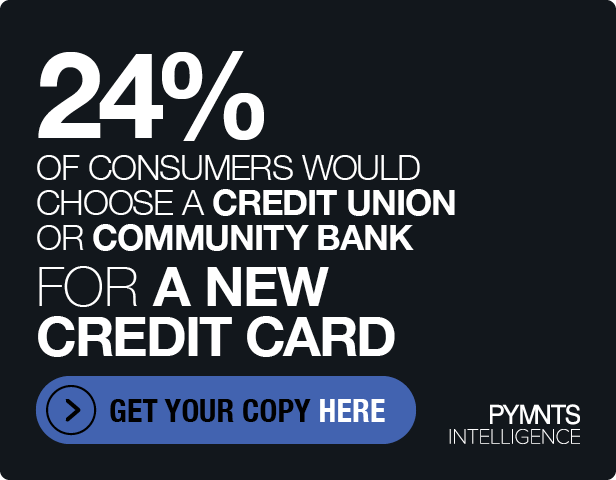Report: Bread Faces Credit Loss Concerns and Late Fee Uncertainty

Bread Financial Holdings is reportedly grappling with challenges as it confronts rising credit losses and uncertainty surrounding late fees.
The company’s stock price fell 3.9% as of midday Monday (Oct. 2) and closed down 2% following a downgrade to sell by Goldman Sachs, highlighting the concerns surrounding its performance, Seeking Alpha reported Monday. According to Goldman analyst Ryan Nash, the stock is likely to be impacted by the uncertainty surrounding late fees until at least the middle of next year.
Bread Financial Holdings did not immediately reply to PYMNTS’ request for comment.
Nash pointed out that while Bread Financial could potentially achieve long-term normalized earnings of around $9-10, the near-term outlook is less optimistic, according to the report. He predicts that credit pressures will bring earnings down to $6.50 in 2024, significantly lower than the consensus estimate of $9.84. Furthermore, the implementation of late fee regulation in 2024 could potentially further decrease earnings.
Goldman Sachs’ cautious sentiment towards the consumer finance sector is driven by expectations of increasing credit losses, ongoing concerns about late fees, and potential negative impacts from regulatory changes, the report said. However, Nash did acknowledge the possibility of pre-provision net revenue exceeding expectations and credit losses being slightly lower than anticipated. Additionally, seasonal tailwinds and stronger loan growth could lead to slightly higher net interest income.
While Goldman Sachs has a sell rating on Bread Financial, other financial institutions and analysts hold a more positive outlook, per the report. Companies such as American Express, Capital One Financial, Discover Financial Services, Synchrony Financial and Ally Financial have all received buy ratings from Nash.
It is worth noting that Bread Financial holds a strong buy rating from SA Quant and an average buy rating from Wall Street analysts, according to the report.
It was reported in June that Bread Financial was among three card companies — along with Capital One and Discover — that had seen credit card delinquency rates exceed pre-pandemic levels. Seeking Alpha reported at the time that Wolfe Research analyst Bill Carcache said that it is “time to retire the term ‘normalization,’” as delinquency rates — which typically drop in May as tax rebates arrive — were going up this year.

